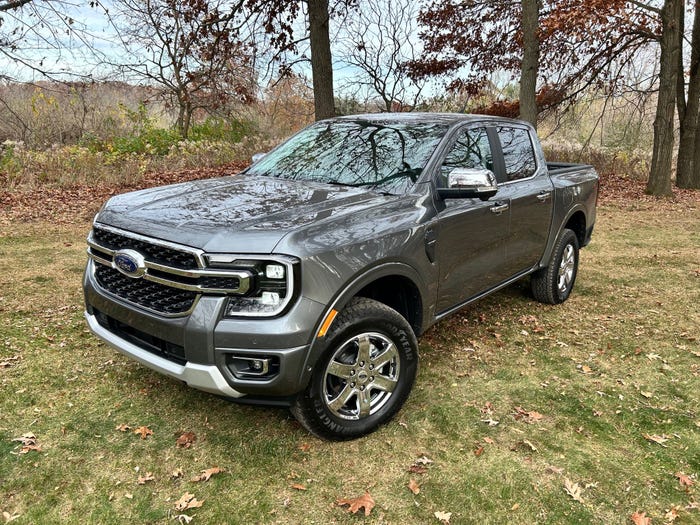New Cummins Engine Platforms Run on Different Low-Carbon Fuels
Described as the industry’s first unified, fuel-agnostic engines, these platforms will use engine blocks and core components that share common architectures and a high degree of parts commonality. This new design approach will be available for diesel, natural gas and hydrogen.

Cummins announces the expansion of its powertrain platforms optimized for different low-carbon fuel types.
Described as the industry’s first unified, fuel-agnostic engines, these platforms will use engine blocks and core components that share common architectures and a high degree of parts commonality. Largely similar components will be below the head gasket of each engine, while different components for different, individual fuel types will be above the head gasket.
This new design approach will be applied across Cummins’ B, L and X-Series engine portfolios, which will be available for diesel, natural gas and hydrogen.
“This is a new way of designing and developing lower-emission internal-combustion powertrains that meet the unique needs of the transportation industry while leveraging the benefits of a common product architecture and footprint where possible,” Jonathon White, Cummins vice president of engineering-Engine Business, says in a news release.
“This unique technology approach will allow end users to more seamlessly pick the right powertrain for their application with the lowest CO2 impact.”
Parts commonality will offer increased benefits for both truck OEMs and end users, including similar engine footprints, diagnostics and service intervals, Cummins says. This means it will be easier for OEMs to integrate a variety of fuel types across the same truck chassis with minimal costs of training technicians and retooling service locations, resulting in a lower total cost of ownership for the end user.

Cummins fuel-agnostic engines
These fuel-agnostic platforms are designed and built upon information extracted from millions of diesel and natural-gas engines manufactured and currently in use, the company says. Today’s digital and connected technologies allow Cummins to extract insights specific to different engine duty cycles, and leverage these to design reliable fuel-agnostic platforms.
“Our customers can be confident in Cummins’ unmatched testing and evaluation process ensuring high-performance products,” White says. “No matter what type of work a fleet does, we’ll have an engine powered by lower-carbon fuels with diesel-like performance to get the job done.”
Adds Srikanth Padmanabhan, president-Cummins Engine Business: “Having a variety of lower-carbon options is particularly important considering the variation in duty cycles and operating environments across the many markets we serve. There is no single solution or ‘magic bullet’ that will work for all application types or all end users.”
Cummins says these new products are an important element of its strategy to accelerate the reduction of greenhouse-gas and air-quality impacts of its products and reach net-zero emissions by 2050 in a way that sustainably serves all company stakeholders.
“We know that our planet cannot wait for the perfect solution to happen,” Padmanabhan says. “Instead, our approach must be a combined effort of using zero-emissions power where it’s available and using cleaner power where it is not. The planet cannot afford for us to hit pause in the meantime.”
About the Author
You May Also Like





